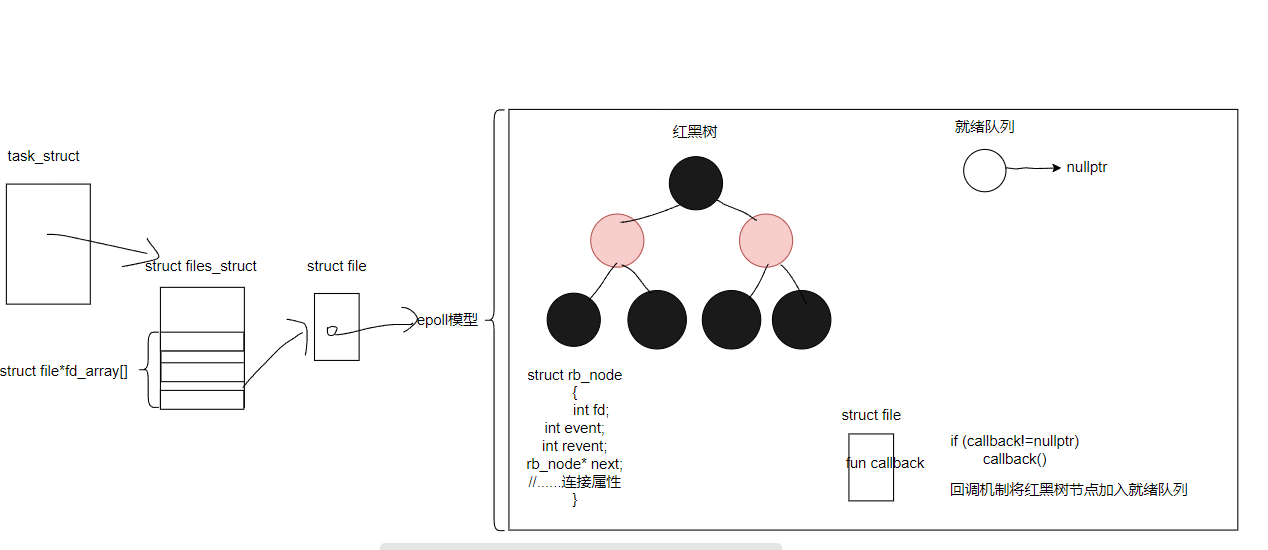std::promise 进程间通信,std::packaged_task 任务封装,std::async 任务异步执行;std::future 获取结果。
1 std::promise
1.1 线程间同步
std::promise 可以用于线程间通信。
如下代码是 std::promise 中的示例代码。
std::promise - cppreference.com
(1)accumulate_promise 用于在线程间传递数据
(2)barrier 是 void 类型的,可以单纯地做线程之间的等待与唤醒
(3)std::fututre 是一个基本的组成元素,从名字也可以看出来,future 代表未来的结果。std::promise 只能使用一次,promise set_value 只能调用一次;std::future 调用 get() 也只能调用一次,如果再次调用 get(),那么会抛异常,在调用 get() 之前可以使用 valid() 来做判断,如果 valid() 是 true 的话,那么就可以调用 get();否则不能调用 get()。
#include <chrono>
#include <future>
#include <iostream>
#include <numeric>
#include <thread>
#include <vector>
#include <unistd.h>void accumulate(std::vector<int>::iterator first,std::vector<int>::iterator last,std::promise<int> accumulate_promise)
{int sum = std::accumulate(first, last, 0);accumulate_promise.set_value(sum); // Notify future
}void do_work(std::promise<void> barrier)
{std::cout << "before sleep\n";std::this_thread::sleep_for(std::chrono::seconds(1));barrier.set_value();std::cout << "after promise set value\n";
}int main()
{// Demonstrate using promise<int> to transmit a result between threads.std::vector<int> numbers = {1, 2, 3, 4, 5, 6};std::promise<int> accumulate_promise;std::future<int> accumulate_future = accumulate_promise.get_future();std::thread work_thread(accumulate, numbers.begin(), numbers.end(),std::move(accumulate_promise));// future::get() will wait until the future has a valid result and retrieves it.// Calling wait() before get() is not needed// accumulate_future.wait(); // wait for resultstd::cout << "before get, future valid: " << accumulate_future.valid() << std::endl;std::cout << "result=" << accumulate_future.get() << '\n';std::cout << "after get, future valid: " << accumulate_future.valid() << std::endl;work_thread.join(); // wait for thread completion// Demonstrate using promise<void> to signal state between threads.std::promise<void> barrier;std::future<void> barrier_future = barrier.get_future();std::thread new_work_thread(do_work, std::move(barrier));std::cout << "before wait\n";barrier_future.wait();std::cout << "after wait\n";new_work_thread.join();return 0;
}
1.2 线程间同步 —— 条件变量
条件变量是一个基础的线程间同步机制,在 c 和 c++ 中都有使用。条件变量经常用于生产者线程和消费者线程之间通信的场景。
1.2.1 std::condition_variable
如下是使用条件变量时经常使用的方式,第一个形参是 std::unique_lock<> 类型的锁,第二个形参是 wait() 返回的条件。
template< class Predicate >
void wait( std::unique_lock<std::mutex>& lock, Predicate pred );
(1)条件满足之后,即使不进行 notify,wait() 也会返回
(2)条件不满足的时候,即使进行 notify(),wait() 也不会返回
这就是使用条件变量的时候最典型的用法,因为条件变量可能存在惊群问题(本人没有复现过),可能被唤醒的时候,条件还没有满足。这种用法就类似于在 c 语言使用条件变量的时候的如下代码。
while(!condition) {
wait();
}
#include <condition_variable>
#include <iostream>
#include <mutex>
#include <string>
#include <thread>
#include <unistd.h>std::mutex m;
std::condition_variable cv;
std::string data;
bool ready = false;
bool processed = false;void worker_thread()
{// wait until main() sends datastd::unique_lock<std::mutex> lk(m);cv.wait(lk, []{ return ready; });// after the wait, we own the lockstd::cout << "Worker thread is processing data\n";data += " after processing";// send data back to main()processed = true;std::cout << "Worker thread signals data processing completed\n";// manual unlocking is done before notifying, to avoid waking up// the waiting thread only to block again (see notify_one for details)lk.unlock();cv.notify_one();
}int main()
{std::thread worker(worker_thread);data = "Example data";// send data to the worker thread{std::lock_guard<std::mutex> lk(m);sleep(2);std::cout << "after sleep\n";ready = true;std::cout << "after set value\n";std::cout << "main() signals data ready for processing\n";}std::cout << "before notify one\n";sleep(2);cv.notify_one();std::cout << "after notify one\n";// wait for the worker{std::unique_lock<std::mutex> lk(m);cv.wait(lk, []{ return processed; });}std::cout << "Back in main(), data = " << data << '\n';worker.join();
}
1.2.2 pthread_cond_t
pthread 中的条件变量,使用方式如下。也是需要一个 mutex 和条件变量在一块使用。
wait 端调用的函数:
pthread_mutex_lock(&mutex);
while (!condition) {
pthread_cond_wait(&cond, &mutex);
}
pthread_mutex_unlock(&mutex);唤醒端需要调用的函数:
pthread_mutex_lock(&mutex);
pthread_cond_signal(&cond);
pthread_mutex_unlock(&mutex);在 wait 端,首先要加锁,然后进行 wait;在 wait 的时候,会释放锁,所以在 signal 端加锁是可以加成功的。
#include <stdio.h>
#include <pthread.h>#define MAX_COUNT 10int shared_resource = 0; // 全局共享资源
pthread_mutex_t mutex = PTHREAD_MUTEX_INITIALIZER; // 互斥锁
pthread_cond_t cond = PTHREAD_COND_INITIALIZER; // 条件变量void *producer(void *arg) {while (1) {pthread_mutex_lock(&mutex);while (shared_resource >= MAX_COUNT) { // 当共享资源达到最大值时等待pthread_cond_wait(&cond, &mutex);}shared_resource++; // 增加共享资源值printf("Produced: %d\n", shared_resource);pthread_cond_signal(&cond); // 唤醒消费者线程pthread_mutex_unlock(&mutex);sleep(1); // 模拟生产过程}return NULL;
}void *consumer(void *arg) {while (1) {pthread_mutex_lock(&mutex);while (shared_resource <= 0) { // 当共享资源为0时等待pthread_cond_wait(&cond, &mutex);}shared_resource--; // 减少共享资源值printf("Consumed: %d\n", shared_resource);pthread_cond_signal(&cond); // 唤醒生产者线程pthread_mutex_unlock(&mutex);sleep(1); // 模拟消费过程}return NULL;
}int main() {pthread_t producer_thread, consumer_thread;// 创建生产者线程和消费者线程pthread_create(&producer_thread, NULL, producer, NULL);pthread_create(&consumer_thread, NULL, consumer, NULL);// 等待线程结束pthread_join(producer_thread, NULL);pthread_join(consumer_thread, NULL);// 销毁互斥锁和条件变量pthread_mutex_destroy(&mutex);pthread_cond_destroy(&cond);return 0;
}
在使用条件变量的时候要注意,当条件变量被 wait 的时候,对条件变量进行 destroy,那么 destroy 会阻塞住,直到 wait 返回之后,destroy 才会返回。如下代码是 destroy 一个正在被 wait 的条件变量,这个时候 destroy 会阻塞住。
#include <stdio.h>
#include <pthread.h>
#include <unistd.h>pthread_mutex_t mutex = PTHREAD_MUTEX_INITIALIZER;
pthread_cond_t cond = PTHREAD_COND_INITIALIZER;void *consumer(void *arg) {pthread_mutex_lock(&mutex);pthread_cond_wait(&cond, &mutex);pthread_mutex_unlock(&mutex);return NULL;
}int main() {pthread_t consumer_thread;pthread_create(&consumer_thread, NULL, consumer, NULL);sleep(1);pthread_mutex_destroy(&mutex);printf("before destroy condition\n");pthread_cond_destroy(&cond);printf("after destroy condition\n");return 0;
}
2 std::packaged_task
std::package_task,从名字也可以看出来,表示一个打包的任务。这个任务自己并不能执行,而是需要显式的调用来执行。
如下是官网的示例代码。
std::packaged_task - cppreference.com
(1)task 能够封装的任务类型包括 lambda 表达式,bind 的函数,也可以是一个单纯的函数
(2)与 std::promise 类似,std::packaged_task 也可以获取一个 std::future,std::future 可以获取到 std::package_task 执行的结果
#include <cmath>
#include <functional>
#include <future>
#include <iostream>
#include <thread>// unique function to avoid disambiguating the std::pow overload set
int f(int x, int y) { return std::pow(x, y); }void task_lambda()
{std::packaged_task<int(int, int)> task([](int a, int b){return std::pow(a, b);});std::future<int> result = task.get_future();// 封装一个 lamda 表达式,可以将 task 当成函数名来直接调用task(2, 9);std::cout << "task_lambda:\t" << result.get() << '\n';
}void task_bind()
{std::packaged_task<int()> task(std::bind(f, 2, 11));std::future<int> result = task.get_future();// 封装的 bind() 函数,可以直接调用task();std::cout << "task_bind:\t" << result.get() << '\n';
}void task_thread()
{std::packaged_task<int(int, int)> task(f);std::future<int> result = task.get_future();// 非 bind 方式,不能这样直接调用// std::cout << "directly call: " << task(2, 10) << std::endl;std::thread task_td(std::move(task), 2, 10);task_td.join();std::cout << "task_thread:\t" << result.get() << '\n';
}int main()
{task_lambda();task_bind();task_thread();return 0;
}
2.1 异常传递
std::packaged_task中抛出的异常,保存在 std::future 中,可以通过 get() 来获取。
#include <cmath>
#include <functional>
#include <future>
#include <iostream>
#include <thread>int f(int x, int y) {throw std::runtime_error("An error occurred in the task!");return std::pow(x, y);
}void task_lambda()
{std::packaged_task<int(int, int)> task([](int a, int b){throw std::runtime_error("An error occurred in the task!");return std::pow(a, b);});std::future<int> result = task.get_future();task(2, 9);try {std::cout << "task_lambda:\t" << result.get() << '\n';} catch (std::exception &e) {std::cout << "lambda exception: " << e.what() << std::endl;}
}void task_bind()
{std::packaged_task<int()> task(std::bind(f, 2, 11));std::future<int> result = task.get_future();task();try {std::cout << "task_bind:\t" << result.get() << '\n';} catch (std::exception &e) {std::cout << "bind exception: " << e.what() << std::endl;}
}void task_thread()
{std::packaged_task<int(int, int)> task(f);std::future<int> result = task.get_future();std::thread task_td(std::move(task), 2, 10);task_td.join();try {std::cout << "task_thread:\t" << result.get() << '\n';} catch (std::exception &e) {std::cout << "task thread exception: " << e.what() << std::endl;}
}int main()
{task_lambda();task_bind();task_thread();return 0;
}
2.2 void 类型的 std::future
valid 是 true,也可以 get,不过 get 之后也是 void。
#include <cmath>
#include <functional>
#include <future>
#include <iostream>
#include <thread>void f(int x, int y) {std::cout << "x " << x << ", y " << y << std::endl;
}void task_lambda()
{std::packaged_task<void(int, int)> task([](int a, int b){std::cout << "a " << a << ", b " << b << std::endl;});auto result = task.get_future();task(2, 9);try {std::cout << "task_lambda:\t" << result.valid() << '\n';result.get();} catch (std::exception &e) {std::cout << "lambda exception: " << e.what() << std::endl;}
}void task_bind()
{std::packaged_task<void()> task(std::bind(f, 2, 11));std::future<void> result = task.get_future();task();try {std::cout << "task_bind:\t" << result.valid() << '\n';result.get();} catch (std::exception &e) {std::cout << "bind exception: " << e.what() << std::endl;}
}void task_thread()
{std::packaged_task<void(int, int)> task(f);std::future<void> result = task.get_future();std::thread task_td(std::move(task), 2, 10);task_td.join();try {std::cout << "task_thread:\t" << result.valid() << '\n';result.get();} catch (std::exception &e) {std::cout << "task thread exception: " << e.what() << std::endl;}
}int main()
{task_lambda();task_bind();task_thread();return 0;
}
3 std::async
std::async 提供了异步执行的方式。上一节的 std::packaged_task 只是封装了一个 task,但是这个 task 自己不会执行,std::async 相当于在 std::packaged_task 的基础上增加了自动执行的机制。
std::async 的第一个形参有两个可选值:std::launch::async 和 std::launch::deferred,第一个标志会自动异步执行;第二个标志,不会自动异步执行,需要调 wait() 同步执行。
#include <algorithm>
#include <future>
#include <iostream>
#include <mutex>
#include <numeric>
#include <string>
#include <vector>std::mutex m;struct X
{void foo(int i, const std::string& str){std::lock_guard<std::mutex> lk(m);std::cout << str << ' ' << i << '\n';}void bar(const std::string& str){std::lock_guard<std::mutex> lk(m);std::cout << str << '\n';}int operator()(int i){std::lock_guard<std::mutex> lk(m);std::cout << i << '\n';return i + 10;}
};template<typename RandomIt>
int parallel_sum(RandomIt beg, RandomIt end)
{auto len = end - beg;if (len < 1000)return std::accumulate(beg, end, 0);RandomIt mid = beg + len / 2;auto handle = std::async(std::launch::async,parallel_sum<RandomIt>, mid, end);int sum = parallel_sum(beg, mid);return sum + handle.get();
}int main()
{std::vector<int> v(10000, 1);std::cout << "The sum is " << parallel_sum(v.begin(), v.end()) << '\n';X x;// Calls (&x)->foo(42, "Hello") with default policy:// may print "Hello 42" concurrently or defer executionauto a1 = std::async(&X::foo, &x, 42, "Hello");// Calls x.bar("world!") with deferred policy// prints "world!" when a2.get() or a2.wait() is calledauto a2 = std::async(std::launch::deferred, &X::bar, x, "world!");// Calls X()(43); with async policy// prints "43" concurrentlyauto a3 = std::async(std::launch::async, X(), 43);a2.wait(); // prints "world!"std::cout << a3.get() << '\n'; // prints "53"
} // if a1 is not done at this point, destructor of a1 prints "Hello 42" here
3.1 使用 std::sync 注意事项
3.1.1 要获取 std::async 的返回值
如下代码,并没有获取 std::async 的返回值,这样的话两个任务是串行执行的,而不是异步并行执行的。
#include <algorithm>
#include <future>
#include <iostream>
#include <mutex>
#include <numeric>
#include <string>
#include <vector>
#include <unistd.h>std::mutex m;struct X
{void foo(){for (int i = 0; i < 10; i++) {std::cout << "foo()" << std::endl;sleep(1);}}void bar(){for (int i = 0; i < 10; i++) {std::cout << "bar()" << std::endl;sleep(1);}}
};int main()
{X x;std::async(std::launch::async, &X::foo, &x);std::async(std::launch::async, &X::bar, &x);return 0;
}
官方解释:

3.1.2 异常传递
使用 std::async 的时候,如果任务中抛异常,异常会保存在 std::future 中,可以通过 std::future 来获取。
#include <algorithm>
#include <future>
#include <iostream>
#include <mutex>
#include <numeric>
#include <string>
#include <vector>
#include <unistd.h>std::mutex m;struct X
{int bar(){throw std::runtime_error("An error occurred in the task!");return 10;}
};int main()
{X x;auto f1 = std::async(std::launch::async, &X::bar, &x);try {f1.get();} catch (std::exception &e) {std::cout << "f1 get exception: " << e.what() << std::endl;}return 0;
}
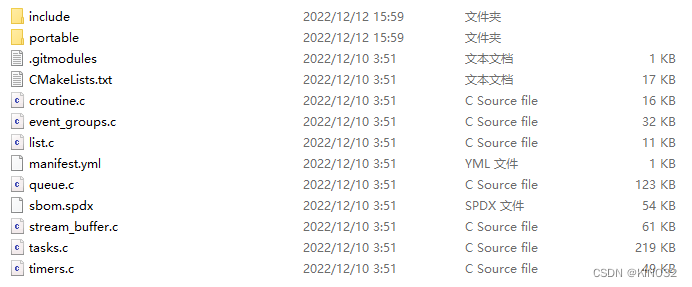

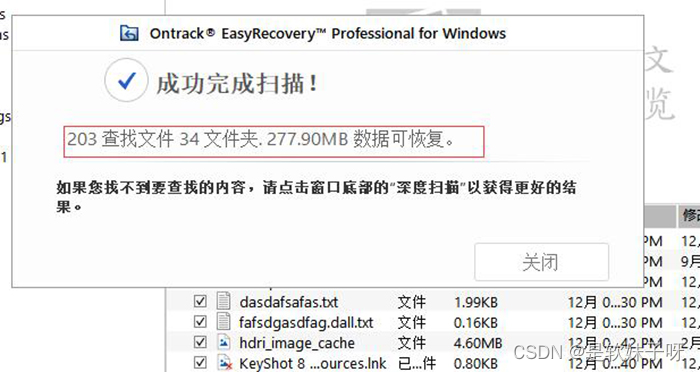




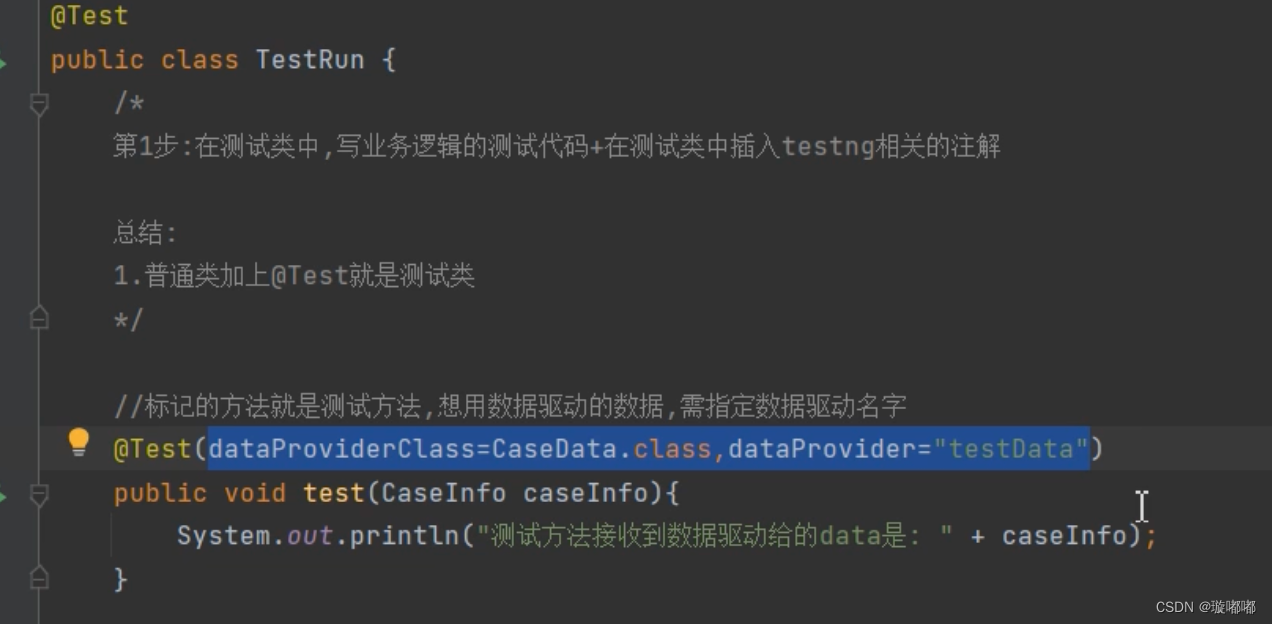
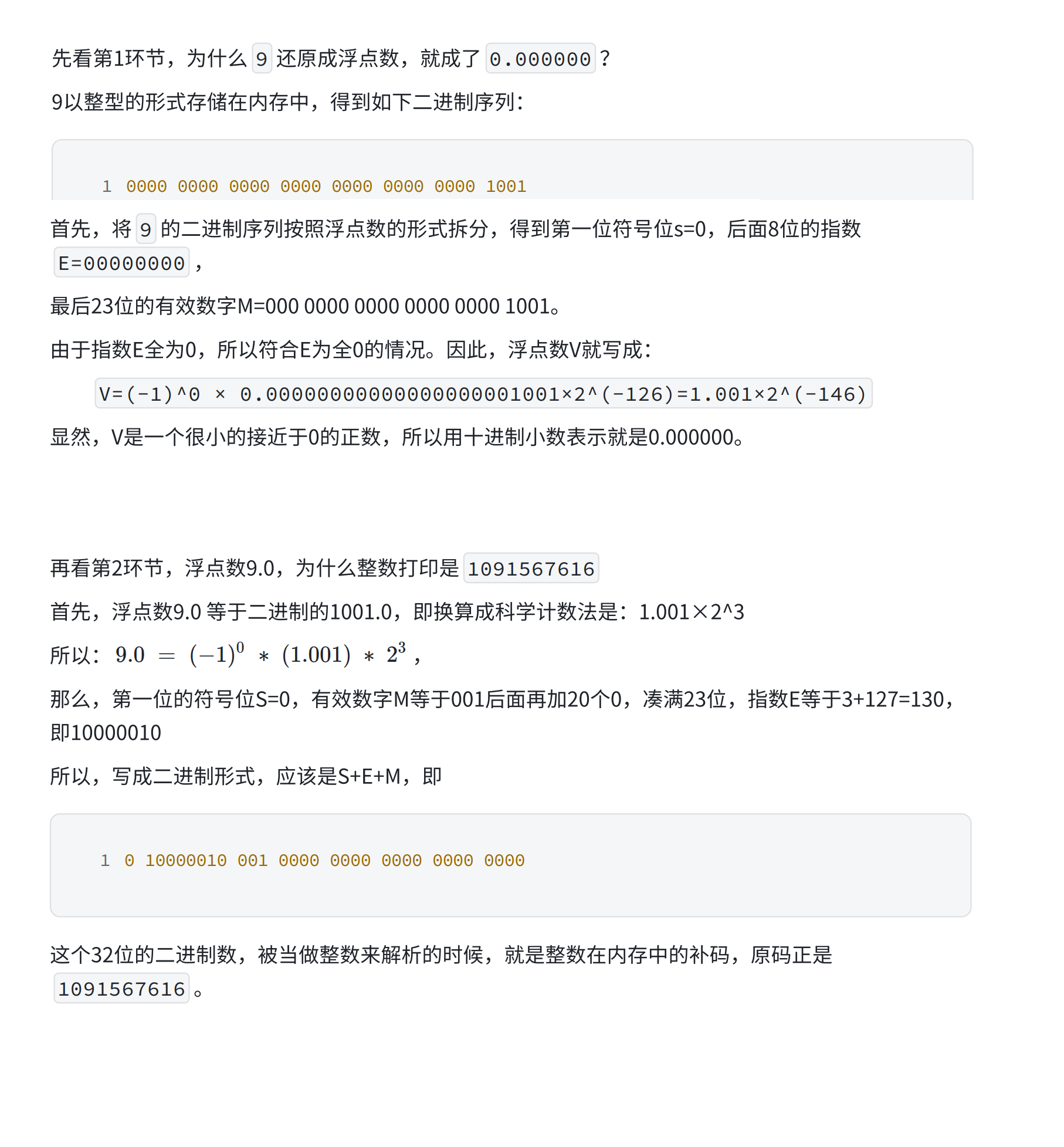
![[java基础揉碎]多态参数](https://img-blog.csdnimg.cn/direct/122f206c2a434fe2a30895dcb1af9fe4.png)
